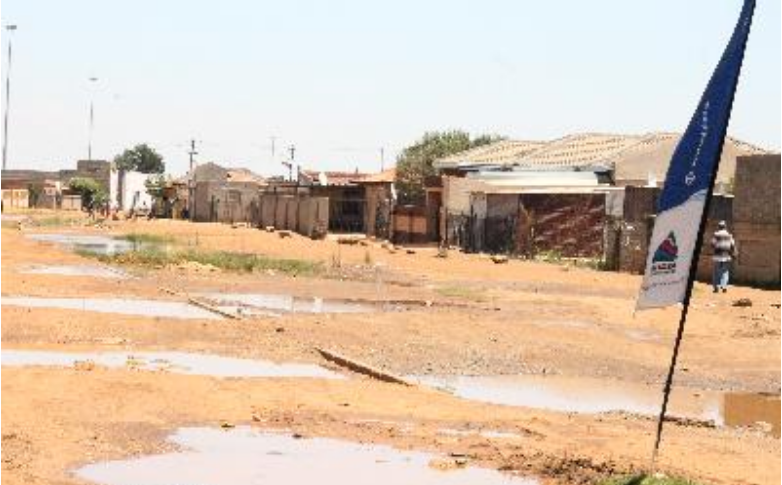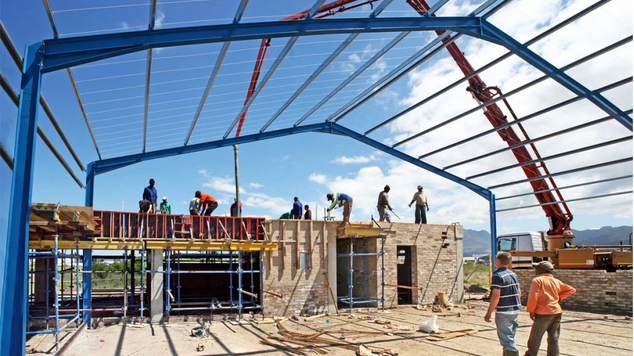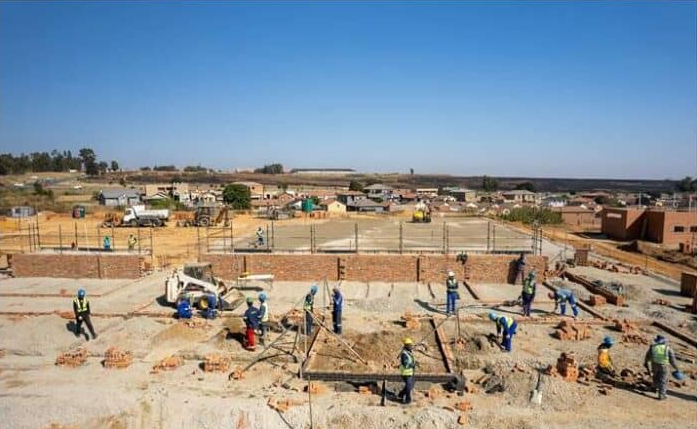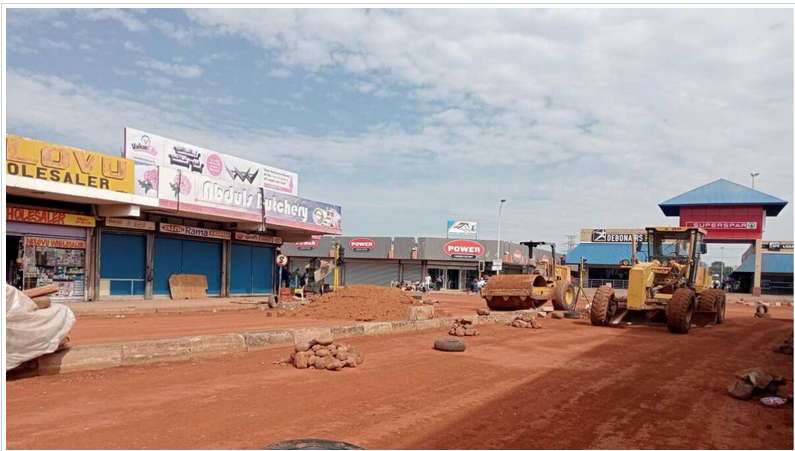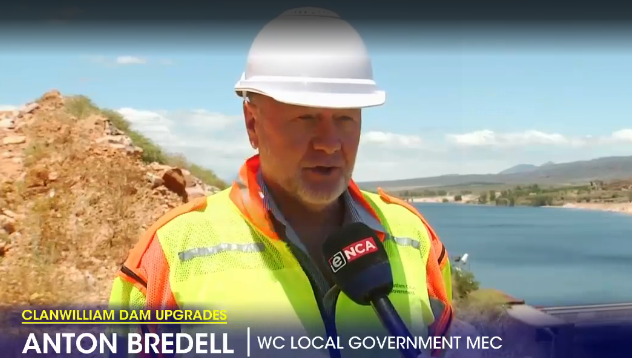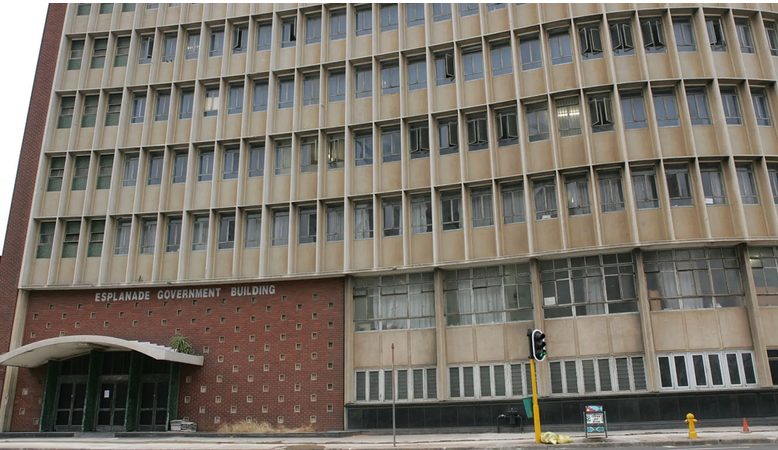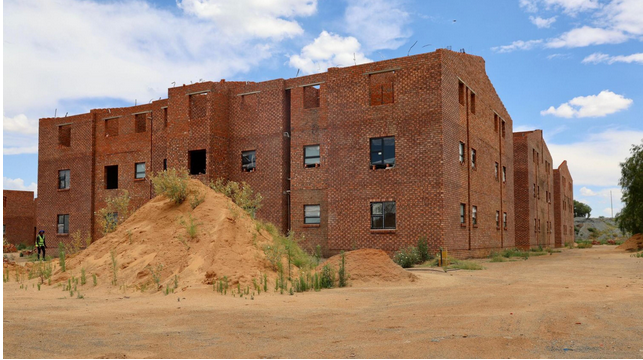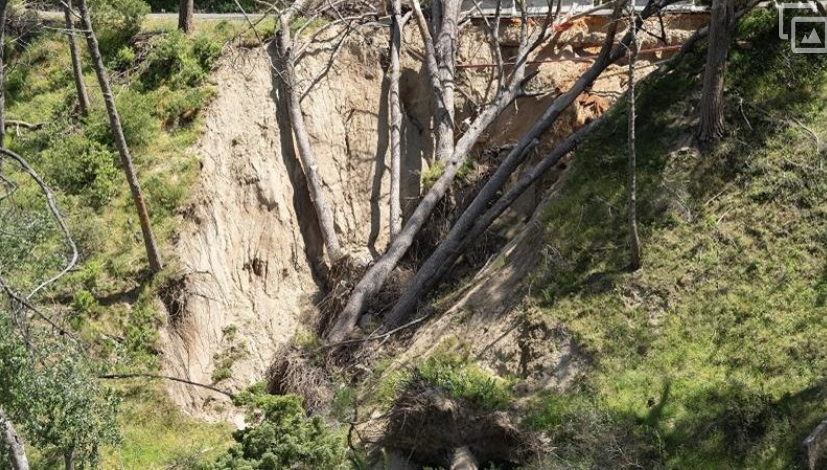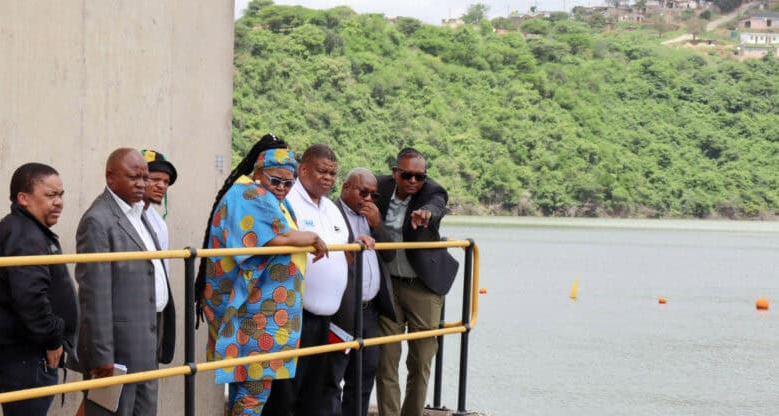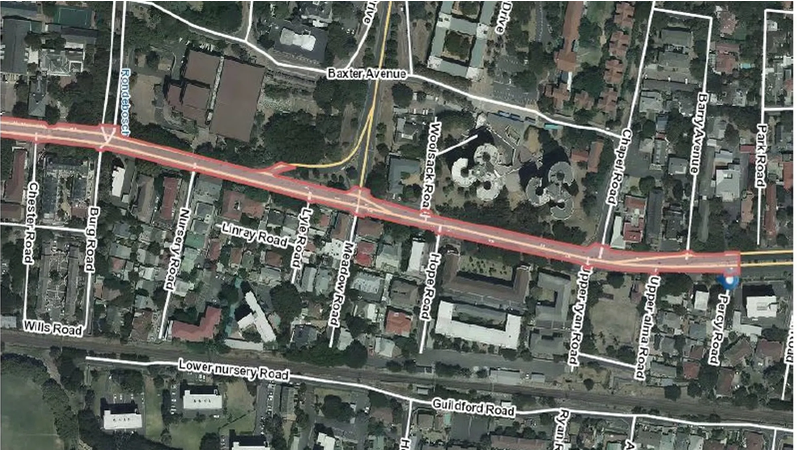Massive facelift for ‘eyesore’ building in Durban
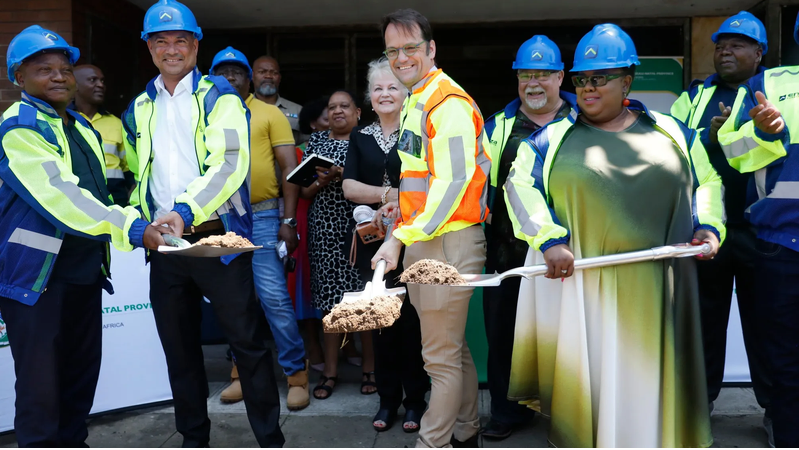
26-11-2024
Read : 314 times
IOL
Source
Almost R1billion will be invested over the next three years in the redevelopment of the Esplanade Government Building (EGB) in Durban as the government sets in motion its plan to tackle problem buildings in the city.
This was revealed by the KwaZulu-Natal MEC for Public Works and Infrastructure, Martin Meyer, at the official handover of the building to construction company Enza Construction on Monday.
Meyer revealed that the redevelopment of the building will be completed in 2027 and it will have government department offices, with a portion being available to let.
eThekwini deputy mayor Zandile Myeni, who was also present at the handover event, said the municipality was pleased to be part of the important occasion.
Economists welcomed the development, saying steps must be taken to attract investors back to the city.
Meyer said that during its prime, the EGB, which is seven storeys tall with floor space of 18 000 square metres, stood for what the department could achieve if its assets were utilised efficiently.
“A few weeks ago, KZN Public Works and Infrastructure signed a Memorandum of Understanding (MOU) with the city of eThekwini and National Public Works to collaborate on a more synchronised approach to deal with the issue of hijacked and abandoned buildings.”
He added that the fate of buildings such as the Palm Beach Hotel, the Seamen’s Rest and Institute building, and Esplanade Government Building is about to change.
“Among the avenues KZN Public Works and Infrastructure is taking to deal with problematic buildings is the public-private partnership. This is where we partner with the private sector to take back such buildings and turn them into something that works for the public.”
Meyer said that the result has been the injection of hundreds of millions of rand into the EGB building.
“It’s close to a billion rand, which will transform this building into a modern structure that, once complete, will be home to multi-departmental staff, offices, and amenities. While this particular project is a multimillion-rand undertaking, the process to overhaul others like it makes the public-private partnership initiative a multibillion-rand endeavour.”
Meyer added that the department was also looking at the ongoing maintenance of other state-owned buildings to avoid paying for leases on hired office space.
“The other aspect of this includes our commitment to cut back on leases we pay on an annual basis to have staff members work in hired office spaces –by putting staff into buildings we own and maintain. When this building was originally completed, it was built to only serve a small part of our province’s population; the new EGB is being built to serve our whole population, all races, genders, and creeds.”
Myeni said the handover of the EGB was an important step in the efforts to address the challenge of bad buildings in the city.
“We are pleased to already see the benefits of this MOU after just a few weeks. It is for this reason that we have embarked on an inner-city regeneration programme which focuses on bad buildings, public space management, and enforcement of by-laws. Our view as a city is that we can’t talk about rejuvenation without addressing the issue of bad buildings.”
Myeni added that municipal teams have identified 76 buildings which are derelict, abandoned, hijacked and overcrowded.
“Of these, 58 are privately owned and 18 are government-owned buildings. As a city, we have committed ourselves to work with relevant government departments and state-owned enterprises that own some of these buildings to utilise them for public good.”
Professor Irrshad Kaseeram, from the University of Zululand’s Economics Department said eThekwini had to address problem buildings.
“To attract investment from the private sector, bad buildings do need to be addressed. So this is welcome news that the Esplanade Government Building has been handed over for redevelopment.
“We do, however, need the City to do more to attract investment works by also keeping the city clean and ensuring that crime is addressed, infrastructure is addressed.
“Undoubtedly businesses have left because of the condition of the city.
“Addressing problem buildings is a start, but addressing other challenges and conducting maintenance is also needed in the city. Attracting tourism also works by addressing problem buildings and cleaning up the city.”
Professor Bonke Dumisa, an independent economic analyst, welcomed the public-private partnership approach adopted by the provincial Department of Public Works together with eThekwini Municipality and the private sector in a bid to give a facelift to the buildings in the Durban Central Business District.
“It is true that some of the government buildings in eThekwini are a real eyesore.
“Therefore, any justifiable facelift to some of these buildings is welcome as long as there is a business case for such renovations.”
Recent News
Here are recent news articles from the Building and Construction Industry.
Have you signed up for your free copy yet?
